What We Do
We Are A Full Service Digital Marketing Firm That Does A Lot More Than Just Generate Leads For Career Colleges, Trade And Technical Schools.
Web Services
We craft visually captivating and user-centric websites that enhance brand presence and drive optimal engagement
Content Creation
We deliver tailored messaging across various platforms to entice audiences and achieve company goals
Paid Advertising
We offer strategically targeted campaigns across diverse channels that amplify brand visibility and drive results
What We’ve Done
With a diverse array of successful campaigns spanning various industries, our digital marketing agency pride ourselves on delivering innovative techniques that captivate audiences and drive tangible growth for our valued clients.
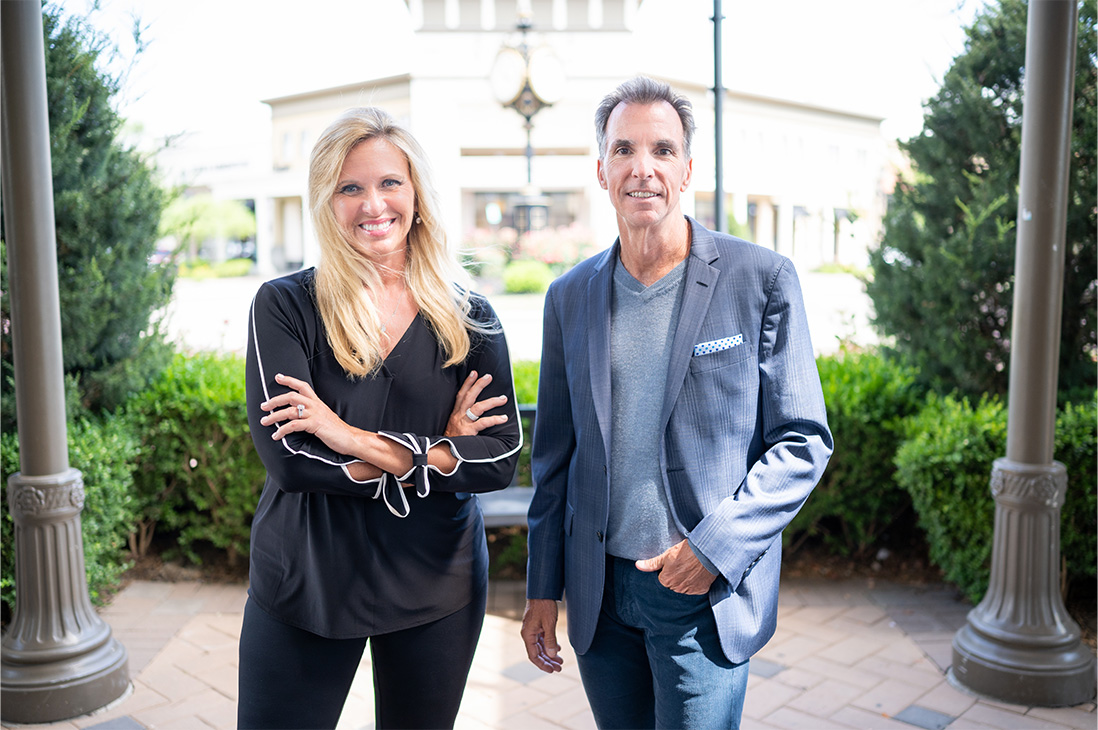
Who We Are
30+ YEARS OF MARKETING SOLUTIONS
Paradigm Digital Group is one of the most experienced marketing, lead generation and digital marketing agencies serving the Transportation, Trade School, Vocational and Career College industries.
For over 30 years, Paradigm Digital has navigated the ever-changing landscape of lead generation and continues to create innovative solutions for private schools and colleges throughout North America.
Evolution of Ideas
Through continuous adaptation, our digital marketing agency has achieved significant growth and strengthened its position as a leading innovator in the industry.
Successful Projects
PDG has proven its capacity to conceive and execute meaningful projects, resulting in remarkable growth and success.
MEET THE TEAM
From strategic masterminds and visionary designers to persuasive copywriters and data-driven analysts, our diverse digital marketing agency's team collaborates seamlessly to elevate your brand and drive unrivaled success.
Deb Rishel
President
Bob Newman
Chief Marketing Officer
Mike Curts
Vice President of Marketing
Karen Thacker
Business Office Manager
Eric Knifong
Video Producer
Evan Castor
Videographer/Editor
Lawson Hearne
Digital Strategist
Sidney Mireles
Digital Marketing Specialist
Destiny Harvel
Digital Marketing Specialist
Patrick Beatty
Digital Marketing Account Manager
Chelsea Cook
Digital Marketing Coordinator
Samuel Jennings
Video Intern
WHAT CLIENTS SAY ABOUT OUR COMPANY
We are honored to work with a wide variety of clients, ranging from startups to large companies.
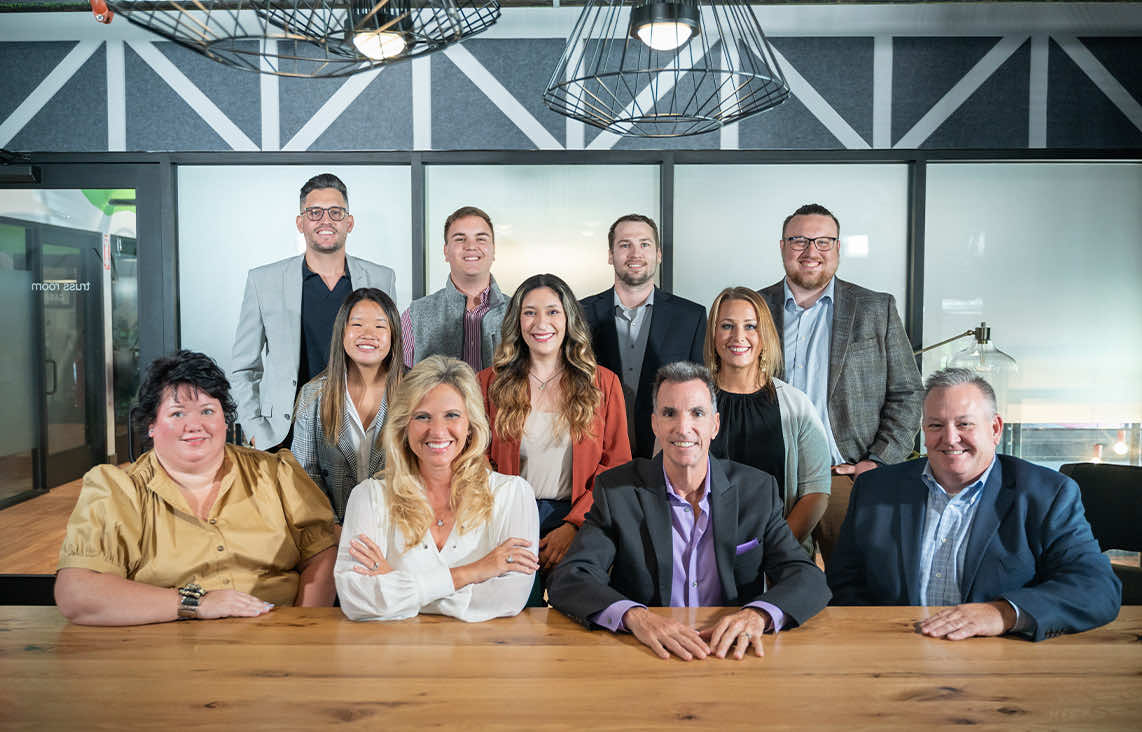



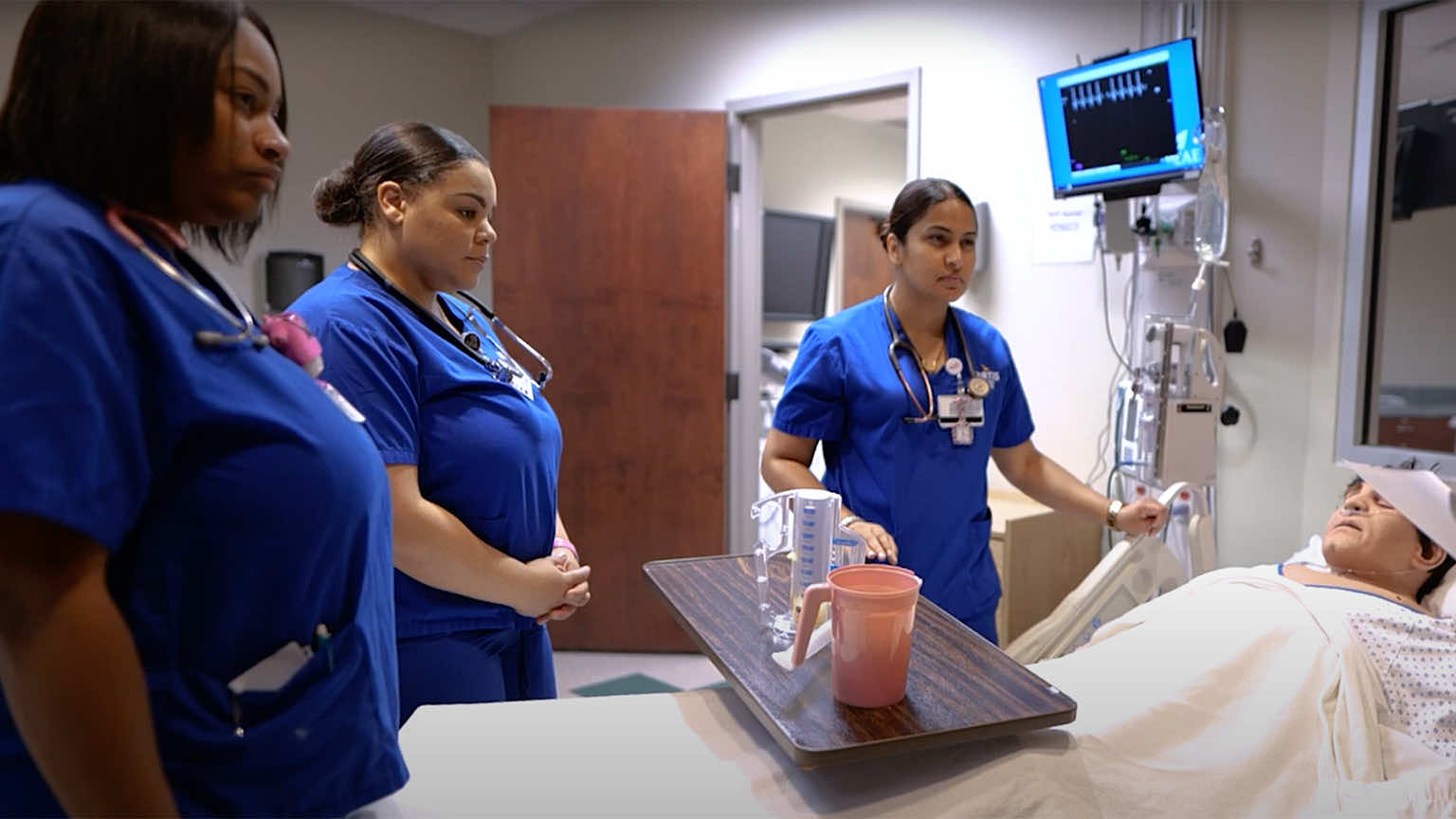


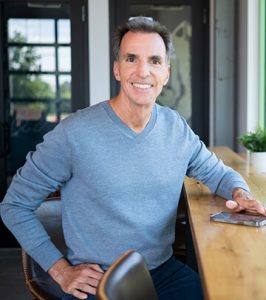





















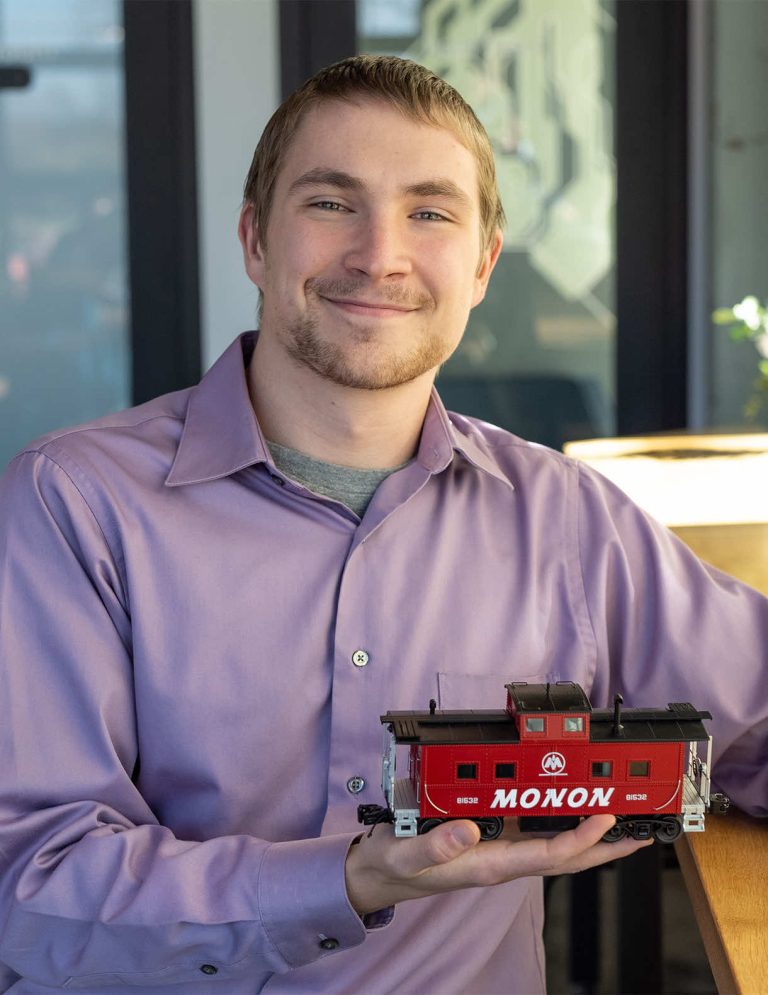
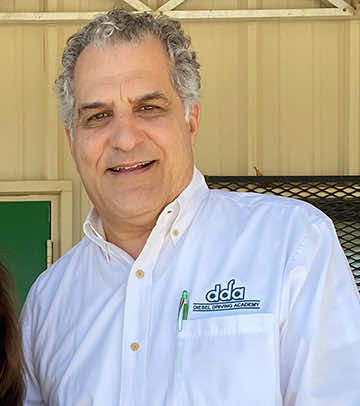
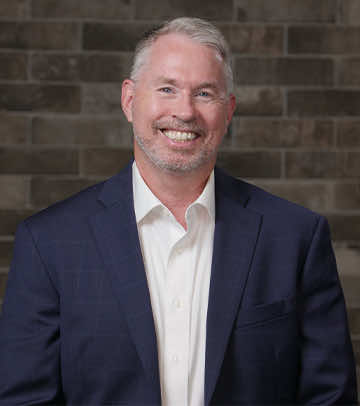
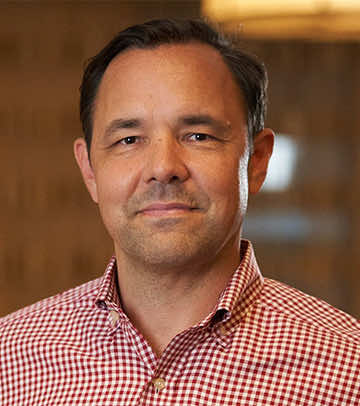



There are so many companies out there just trying to “sell” you leads. As a School owner, I’ve trusted Paradigm Digital Group for over 25 years to make the best decisions for us. They have been one of our most valued Partners.